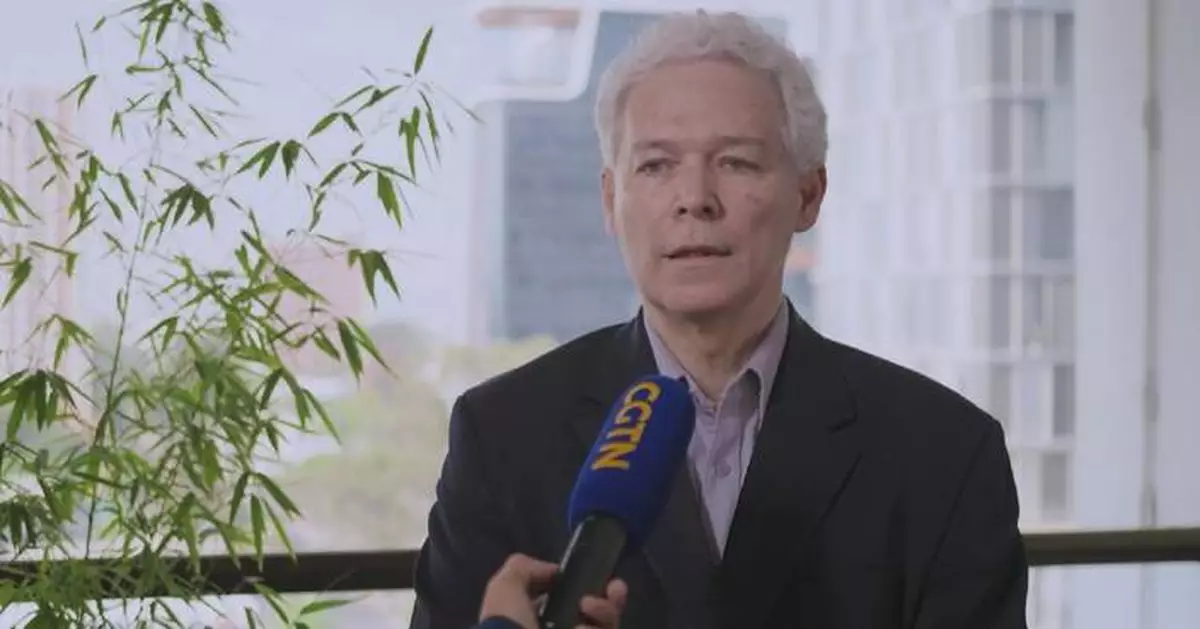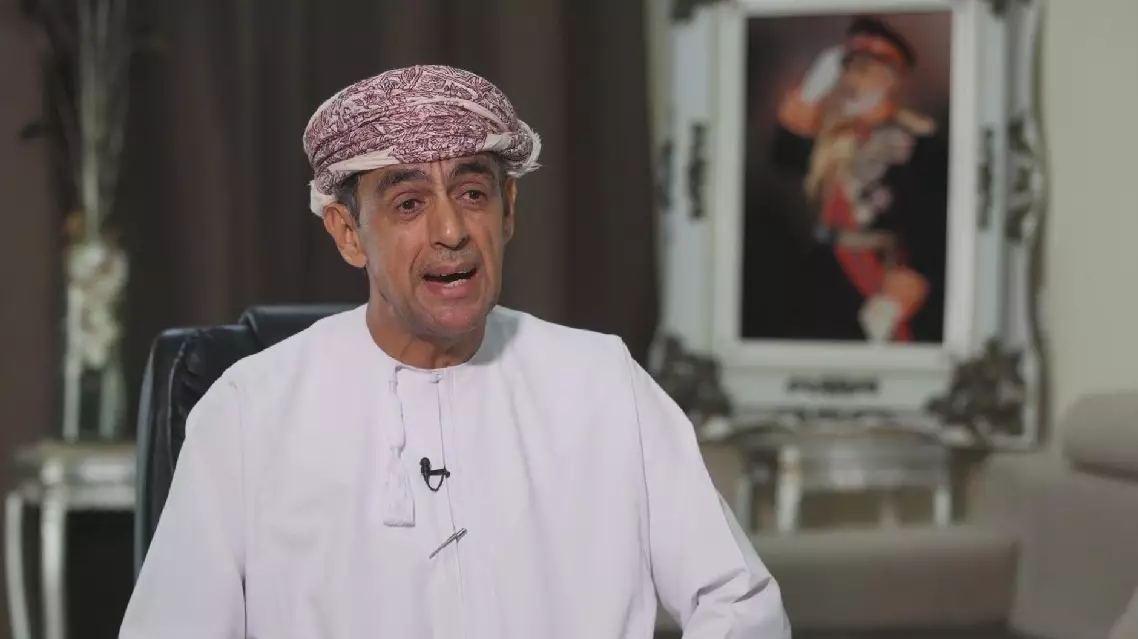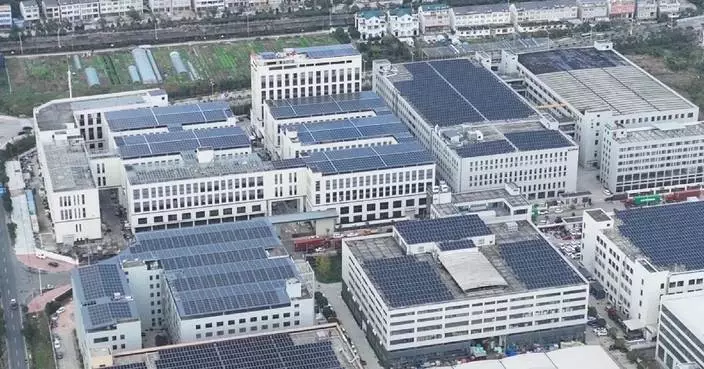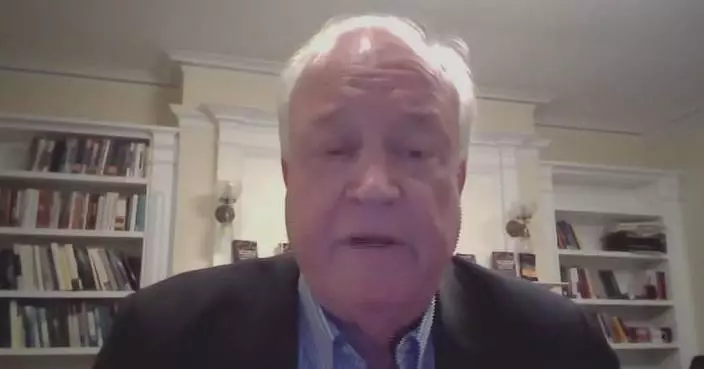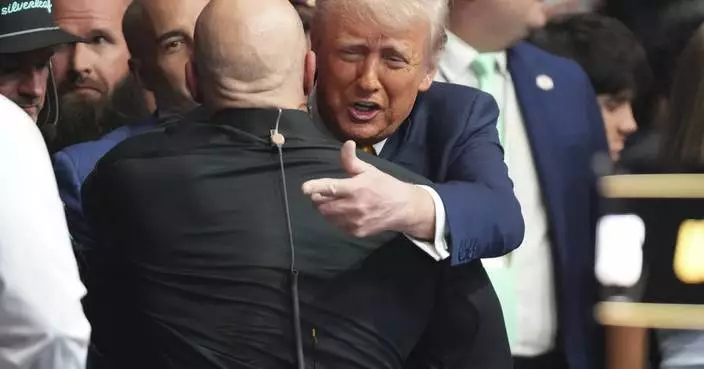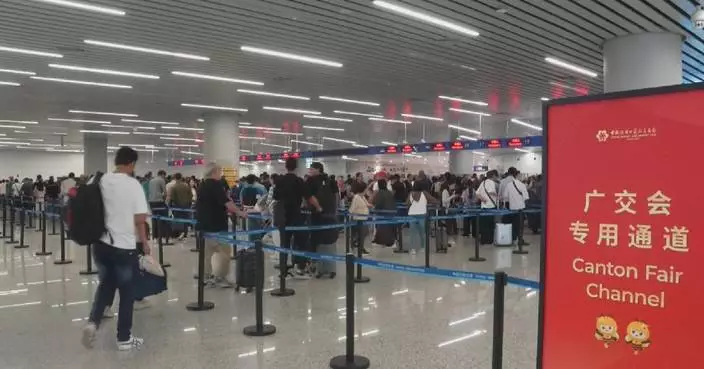The unilateral imposition of "reciprocal tariffs" by the United States violates its free trade agreement with the Central American countries, and will harm the regional and its own economy, a former Guatemalan vice minister said in a recent interview with the China Global Television Network (CGTN).
Amid growing international concern, U.S. President Donald Trump on Wednesday signed an executive order introducing a 10-percent "minimum baseline tariff" on all imports, with higher rates for selected nations. The administration claimed the tariffs would level the playing field for American businesses.
"The tariff policy of the United States goes against all rules-based international trade norms. We [the Central American countries] have signed a free trade agreement with the United States, but it has violated this agreement," said Enrique Lacs, former vice minister of economy of Guatemala.
In May 2004, five Central American countries, namely Costa Rica, El Salvador, Guatemala, Honduras and Nicaragua, signed a free trade agreement with the United States. In August of the same year, the Dominican Republic also signed a free trade agreement with the United States.
According to data from the Central American Monetary Council, the United States was the largest trading partner of Central America and the Dominican Republic in 2024, with 33.7 percent of the region's imports coming from the United States and 39.5 percent of the region's exports destined for the United States. The former vice minster pointed out that the tariff policy not only affects the economies of other countries and regions, but also brings backlash to U.S. economic development.
"This tariff policy of the United States will not bring short-term benefits, it will only increase consumer costs in its domestic market," he said.
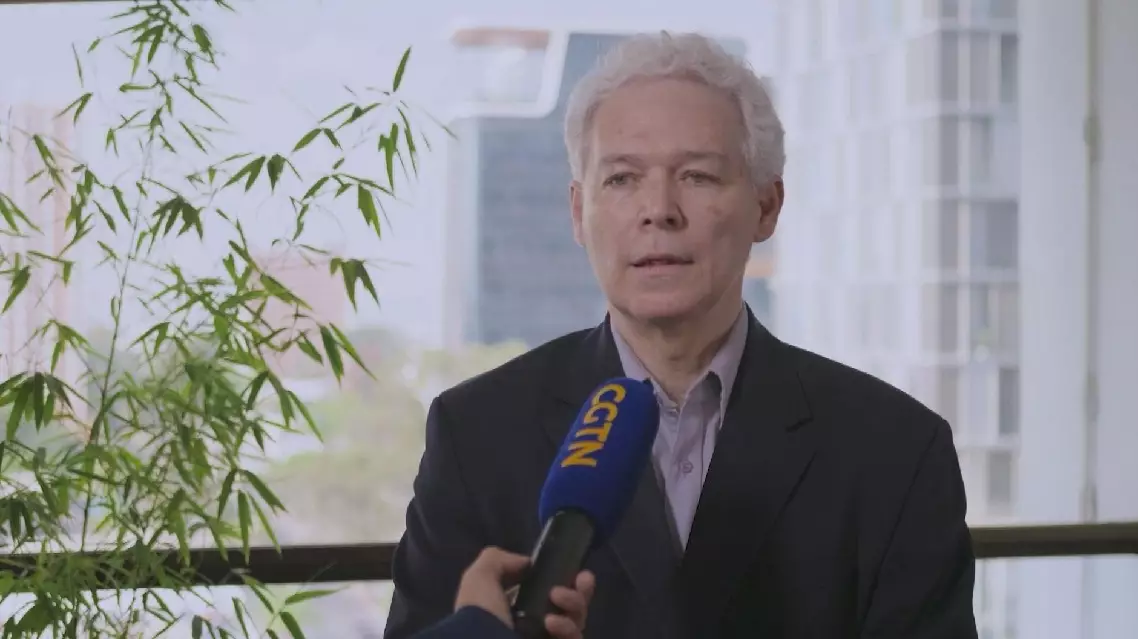
Former Guatemalan vice minister slams US tariffs as violation of regional free trade deal


